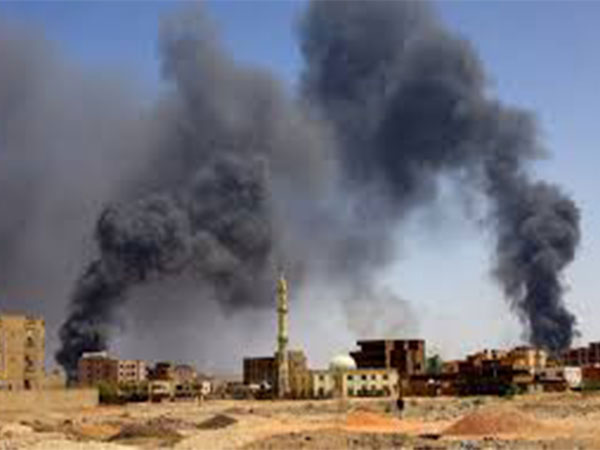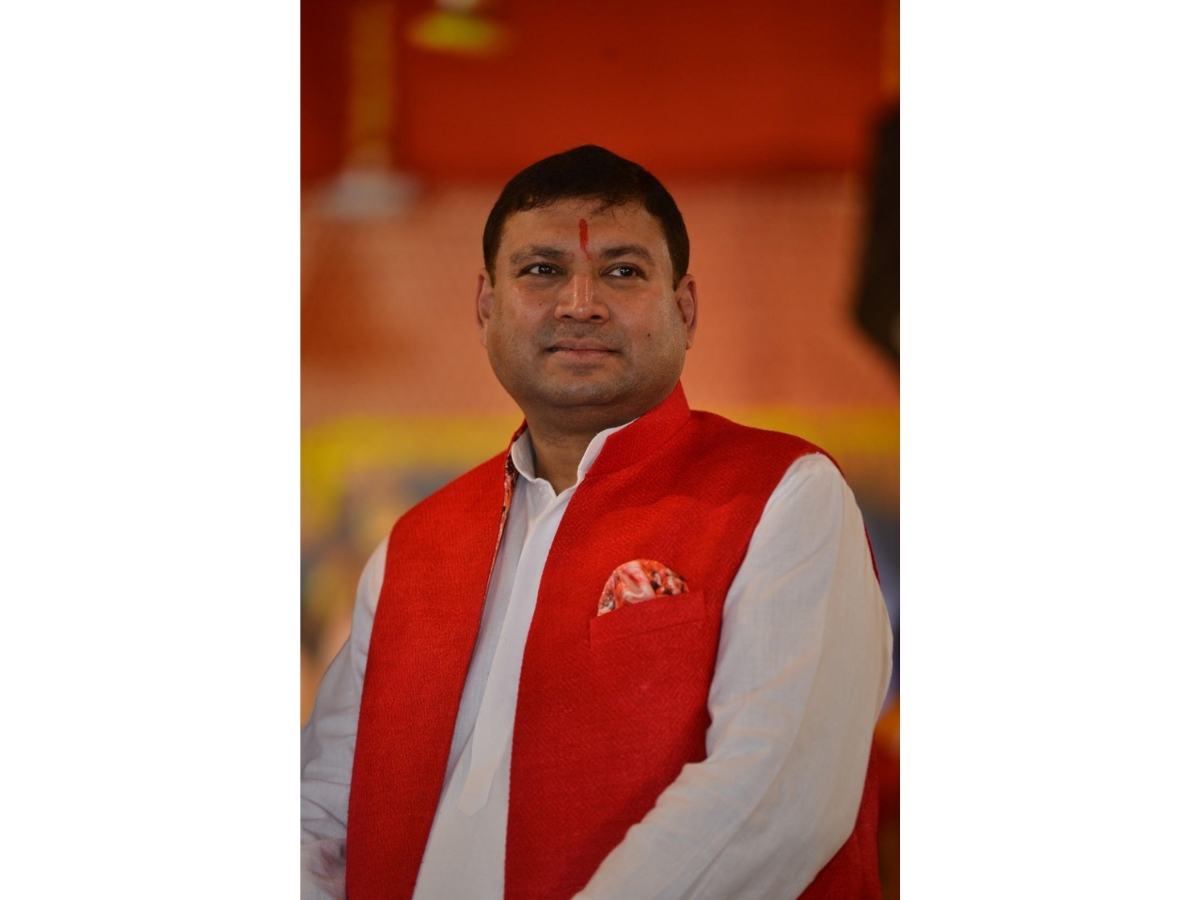Israel strikes Iran, killing military leaders, scientists
Jun 14, 2025
Tehran [Iran], June 14: Almost the entire top brass of Iran's Islamic Revolutionary Guard Air Force and the head of its missile program, General Amir Ali Hajizadeh, were killed in Friday's strikes, according to the Israeli military. Tehran later confirmed the deaths on state television.
Israel also claimed to have inflicted "significant damage" on an underground nuclear site in the town of Natanz in the central province of Isfahan, which it claims featured uranium enrichment facilities such as centrifuges.
It said it had destroyed key infrastructure "which is vital to the continued operation and further development of the Iranian regime's nuclear program."
In a statement, it described the site as "Iran's largest uranium enrichment facility which has been working towards the development of nuclear weapons for years and which is equipped with the necessary infrastructure for military enrichment."
Iran has always insisted that its nuclear program is solely for civilian purposes, and claimed that most of the damage inflicted on the underground facility on Friday was at ground level.
"Most of the damage is on the surface level," said a spokesman for Iran's Atomic Energy Organization, adding that there had been "no casualties" at the facility where the enrichment centrifuges are housed underground.
Israeli strikes 'designed to kill' US nuclear deal with Iran, ECFR fellow says
Israel's strikes on Iranian nuclear sites were "designed to kill [US] President [Donald] Trump's chances of striking a deal to contain the Iranian nuclear program," a fellow and deputy program director from the European Council on Foreign Relations said.
Ellie Geranmayeh, from the ECFR's Middle East and North Africa department, said in an email to DW that the Israeli strikes were "the biggest military attack Iran has faced since the war with Iraq in the 1980s."
The attacks came just two days before a scheduled round of nuclear talks between the US and Iran. While Washington has insisted that Israel acted unilaterally, Geranmayeh noted that the US "may however have had a supporting role, and will likely be engaged in defending Israel against Iranian counter-strikes.
"In Iran's view, there is no way that the Netanyahu government acted without a US green light," she said. Geranmayeh added that Iran going forward with the scheduled nuclear talks was "highly unlikely" at this point, despite Washington reiterating its commitment.
"While some Israeli officials argue that these attacks aimed to strengthen the US leverage in the diplomatic path - it is clear their timing and large-scale nature was intended to completely derail talks," she said.
The ECFR fellow urged European leaders to make sure they do not get dragged into the conflict and "be clear-eyed that this was a major attack initiated by Israel, designed to up the ante against Tehran and drag the region into confrontation."
Geranmayeh called for US, European and Arab coordination to de-escalate the growing tensions in the Middle East region.
Source: Times of Oman








